Sime Auto’s takeover of UMW has expanded its presence in the local automotive market to the mid-market and affordable segments, from its previous predominantly premium offerings. Kenanga says this puts it in a better position to navigate the impending fuel subsidy rationalisation.
Upon the conclusion of SIME’s takeover of UMW in Feb 2024, SIME’s presence in the local automotive market will be expanded to the mid-market (i.e. Toyota) and affordable (i.e. Perodua) segments, from predominantly premium offerings (i.e. BMW). This puts it in a better position to navigate the impending fuel subsidy rationalisation. Moreover, SIME will likely benefit from the anticipated new launches of Perodua D66B and Toyota Yaris Cross by April 2024.
Post acquisition, by virtue of having well known marques namely Toyota and Perodua under UMW, SIME’s market share in the local automotive total industry volume (TIV) will surge from 3% to >50%. UMW provides access to the massive Toyota ecosystem, a strong high value supply chain and will enhance SIME’s local market exposure. Geographically, the auto group will have equal exposure to Malaysia, China and Australia with remaining 10% in other markets vs. being predominantly in China previously.
UMW will be delisted in Feb 2024 (offer period ended on 31st January 2024, and UMW will be suspended from trading starting today, 9 February 2024). Recall, the all-cash deal (RM5.8b) to acquire UMW is financed by Sukuk Murabahah (RM3b) and sales proceeds from the disposal of its healthcare business which was completed in Dec 2023 (RM2.8b). Post-business integration, SIME’s net debt and net gearing will increase from RM3,995m to RM5,877 and 0.2x to 0.4x, respectively (which includes UMW’s net cash position at RM1,118m). Subsequently, SIME plans to pare down its debt through the disposal of Malaysia Vision Valley land in Labu, Negeri Sembilan (RM2,959m), and the disposal of Komatsu and UMW’s Serendah land.
Kenanga is raising its FY24-25F net profit forecasts by 2% and 14%, respectively, on earnings enhancement from UMW’s acquisition. Correspondingly, the house upgrades its SoP-derived TP by 14% to RM2.80 (from RM2.45). There is no adjustment to our TP based on ESG given a 3-star rating as appraised by us.
The house likes SIME for the robust growth in its businesses, post the economy reopening, the strong brands under its stable such as BMW, Caterpillar, Toyota and Perodua, its attractive dividend yield of >5%.



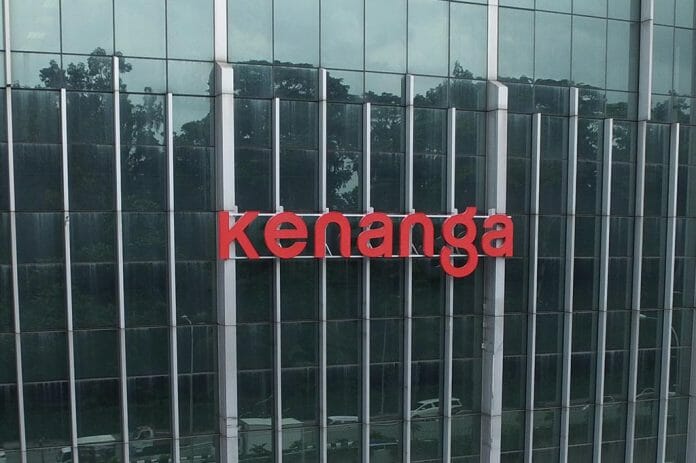
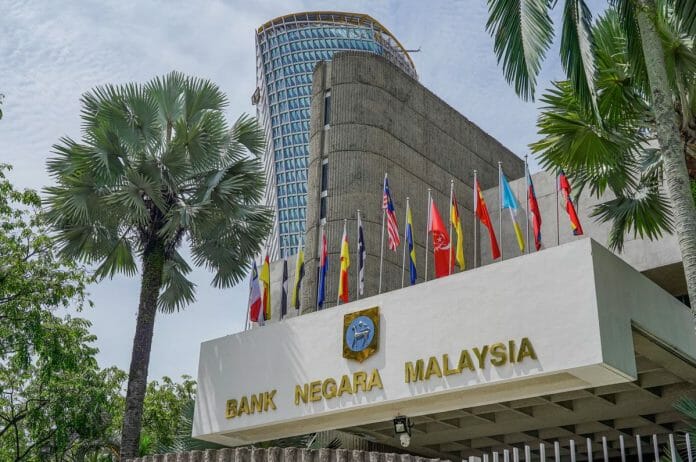
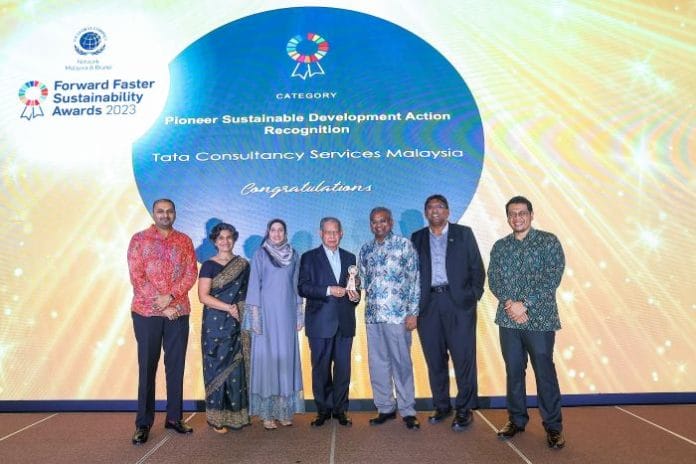

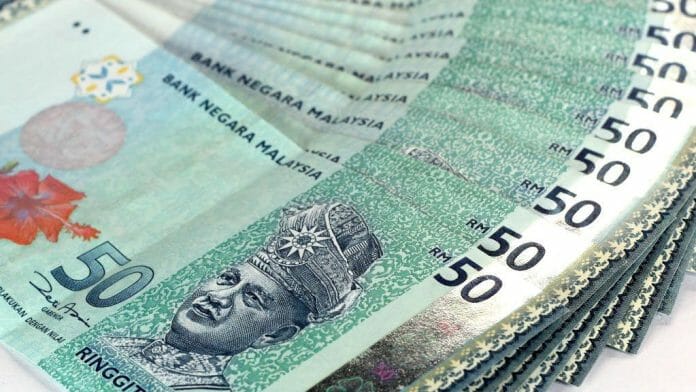




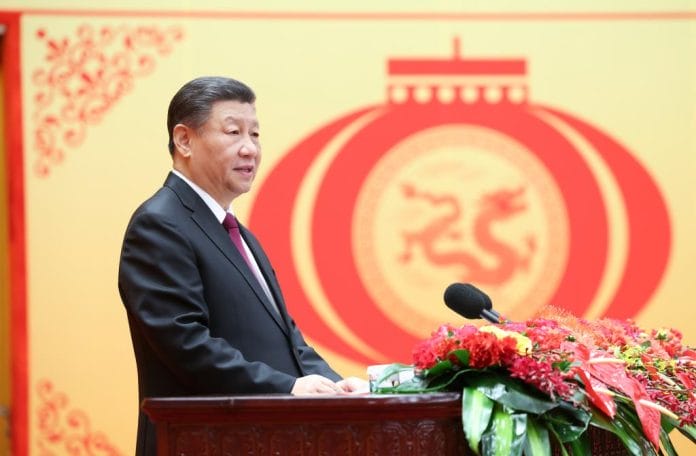
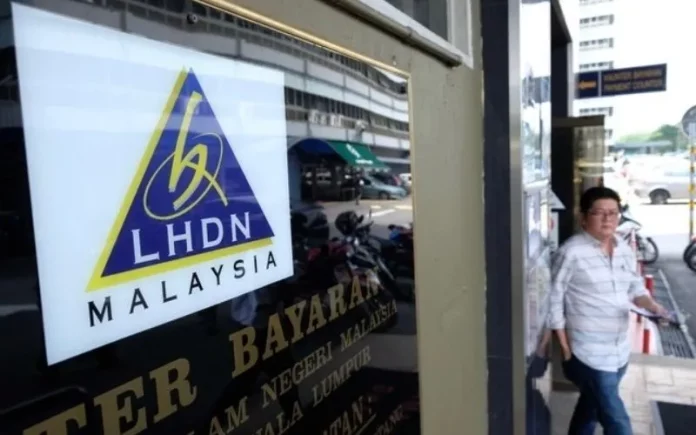

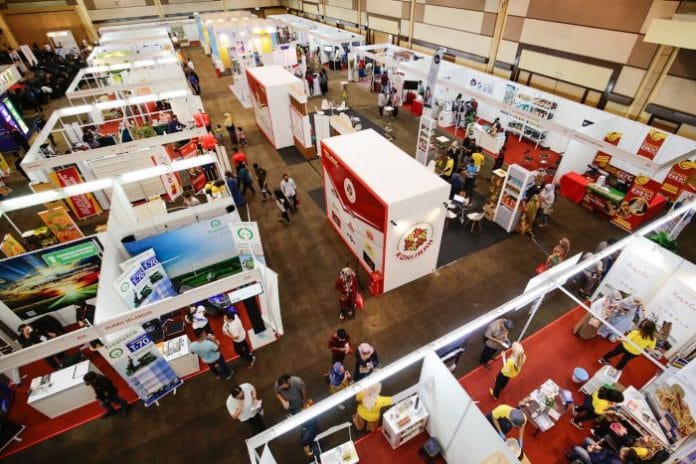





Will Generative AI Hinder Human Creativity?
By: Dr. Jazli Aziz- Some of the largest strides mankind has made over the past few decades have been the advancements in personal computing and the creation of the world wide web. Every sector and every industry around the world has been affected by these advancements, and education is no exception.
Looking to more recent technological advancements, artificial intelligence (AI) has taken the world by storm. So much so, that the acronym “AI” was named the Collins Word of the Year for 2023. And just like the influence personal computing and the world wide web has had, AI is already leaving an indelible mark on the world of education.
Debates on whether that influence is good or bad will probably continue for years to come, but regardless of which side of the fence you are on, it’s undeniable that students are using AI today, and that’s something we need to be aware of as educators.
Generative AI can be found almost everywhere online. From generic tools like the ever-popular ChatGPT, to more task-specific tools like ChatPDF and Jenni AI. We even have AI that can produce non-text-based output as well – Midjourney and DALL-E can create artwork, AIVA and Soundful can create music, Synthesia and InVideo can create videos – all from user-defined prompts.
While these are all amazing technological advancements, AI has of course been met with cynicism as well, especially among those who champion human creativity over the soulless products of generative AI. And while I am an advocate of using AI to enhance teaching and learning, a small part of me is indeed worried about the possible impact AI can have on the originality and creativity of our younger generation who undoubtedly, will continue to use AI for the rest of their lives.
As a university lecturer, one of the tasks that falls under my purview is to assess student presentations, be it undergraduate presentations in class or research presentations by postgraduates. After almost 20 years in academia, from the time I was an undergraduate myself until today, I’ve probably attended hundreds of presentations. And though education is quite different now compared to 20 years ago, surprisingly, student presentations have remained largely unchanged.
Considering the range of modern presentation tools available to students today, one would expect student presentations to be more unique and noticeably different from one another. Instead, what I often see are presentations that at their core are all the same, just with different graphical assets and colour schemes used. They seem to lack originality.
Tools like Canva and Visme are exceptional for creating visually engaging presentations and graphic designs. I’ve used both myself. Each offers thousands of visual assets, themes, and designs to help you make any kind of presentation you want. Which on the surface, sounds amazing! But does simply choosing a template from a library help students develop a sense of originality? Is it creative expression or merely a choice made on a whim?
Additionally, these presentation tools also come with generative AI to help users write the content of their presentations. So not only would the designs and visual aesthetic of presentations lack student originality, even the written content could be generated by AI as well.
Assessment of student work is one aspect of education that needs to be reimagined thanks to the possibility of students submitting AI-generated work as their own. But more importantly, the development of student originality, creativity, and critical thinking could also be impacted using generative AI. Which in my mind, is of far greater concern. If students graduate having an under-developed sense of originality and a poorer capacity for critical thinking, how would that affect their careers? And if our graduates struggle to think creatively, what does that mean for future innovation?
In the video game “Detroit: Become Human”, human-like androids live side-by-side with mankind. At one point in the game, players learn that in this fictional world set in 2038, less than 5% of music is made by humans, with androids making the rest. We are unlikely to ever reach this point of civilisation in our lifetime, but I do believe that the rampant proliferation of generative AI will eventually begin to diminish human creativity if we are not careful. Generative AI can be a wonderful learning tool, yet we must ensure it does not rob us of our opportunities to grow.
……
The author is a Senior Lecturer at the Department of Oral and Craniofacial Sciences, Faculty of Dentistry, Universiti Malaya,